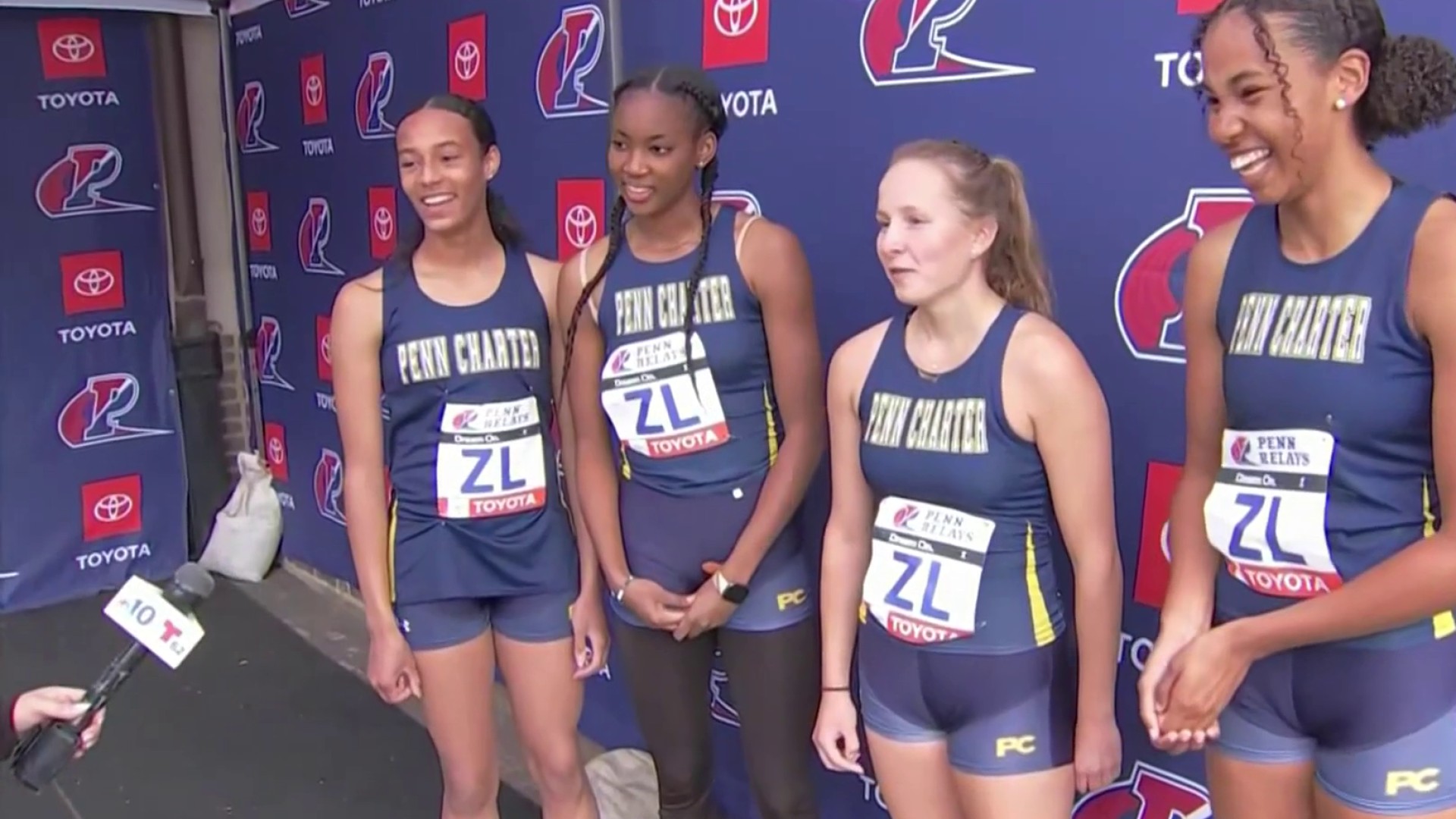The mutual interest between Bryce Harper and the Dodgers is complicated, for several reasons. Phillies fans are right to be concerned about the latest development in the ongoing Harper saga but are also right to wonder whether the Dodgers are being used.
Let's cover the bases here ...
Money/contract length
The Dodgers, after sitting out of or lingering quietly in the Harper market for months, do not appear willing to commit $300 million. Their interest is reportedly of the short-term variety. It's reasonable to think that could mean four years, $160 million or five years, $200 million.
An annual average salary of $40 million per year would easily top the highest AAV in baseball history, which belongs to Zack Greinke at $34.4 million. Agent Scott Boras could still accurately portray the contract as a record-setter.
Such a deal would have its benefits and flaws for Harper and Boras. The flaws are it's not a higher sum than Manny Machado's $300M, nor would it beat Giancarlo Stanton's record 13-year, $325M deal.
Sports
In partnership with NBC Sports Philadelphia
The benefits? A four- or five-year deal at an astronomical yearly price would essentially be the same as a 10-year deal with an opt-out after four or five years.
To put that plainly, let's say the Phillies offer Harper 10 years, $350 million with an opt-out after four years.
Let's say the Dodgers offer five years, $200 million.
Harper could earn the same amount of money over the first half of the contract. Having a long-term deal from the Phillies would give him immense financial security in case he underperforms during that four- or five-year window.
But if he meets expectations or surpasses them, he'd be opting out anyway. So the Phillies' longer deal really only benefits Harper if the downside is realized. If he has a great next four or five years, then he'd be retesting free agency at 30 or 31 anyway. In that scenario, it doesn't make a difference whether he's retesting free agency because his contract expired or because he opted out.
Philly vs. L.A.
Harper is not opposed to playing in Philadelphia, but that does not mean it's his top choice. Both things can be true.
Los Angeles has long been considered his preference, for Hollywood reasons and for geographical reasons.
Playing for the Dodgers would mean Harper has a short commute between his offseason home in Vegas, his spring training complex in Glendale, Arizona and his home stadium in L.A. Flights from Vegas to Glendale and Vegas to L.A. are both shorter than 80 minutes. Flights from Vegas to Clearwater or Vegas to Philly exceed four hours.
Will that be the determining factor for Harper? No, probably not - money supersedes everything. But geography is a key factor for any free agent in any sport and the Dodgers have that advantage over the Phillies. It's wishful for a Phillies fan to overlook it.
In negotiations of this magnitude, the three most important factors are almost always money, location, team competitiveness.
Smart play by Boras
Re-engaging the Dodgers makes all the sense in the world from Boras' standpoint. It's the most fearsome competitor the Phillies could have because of the reasons outlined above. The Dodgers, unlike the Giants, combine all three of a player's deciding factors: financial muscle, geography and a chance to win.
Aside from Harper's legitimate interest in L.A., the Dodgers' reemergence gives Boras and Harper more leverage. Because they are a genuine concern, the Phillies have only two choices: boost their offer, or call Boras' bluff by figuring Harper won't sign a short-term deal.
Phillies' dangerous game of poker
Calling the bluff is a risky move that could result in not landing the player. The Phillies, despite managing partner John Middleton's passing comment to Bob Nightengale in a hotel lobby four months ago, have been deliberate and dispassionate in their pursuits of both Harper and Manny Machado.
Many fans have clamored this offseason for the Phils to do whatever it takes, to come over the top with an offer so enormous that the agent and player cannot refuse. So far, they haven't. They may inevitably offer that magic number and it could be because of Dodger-fueled motivation. To this point, they obviously haven't bent as far as Boras would like.
Dodgers' ulterior motive
Whether or not the Dodgers get Harper, reengaging makes complete sense for them as well. It will almost certainly cause the Phillies to make a better offer, either in guaranteed years, guaranteed dollars, more player-friendly opt-outs, or all of the above.
If/when the Phillies do that, their ability to spend on future players theoretically decreases. The Dodgers will contend for years. The Phillies, with Harper, would contend for years. If you're L.A., why not make it as uncomfortable as possible for one of your future competitors?
The exception to this is Mike Trout. If Trout ever reaches free agency, any team with money and a real shot at him, including the Phillies, would make the sort of offer they wouldn't make anyone else. And that will still be the case even if the Phils are forced to spend $40-50 million more than they want on Harper.
In conclusion
This feels like the finish line - Phillies long-term vs. Dodgers short-term. The pace of Harper negotiations has reached a new speed in the days since Machado signed, and with the regular season now a bit over a month anyway, it's nearing go-time for Harper if he wants the best chance to experience success early in his new deal.
This is going to be a close call for all parties involved. For the Phillies to land Harper, it will involve discomfort. That's just the way it is. The question is how uncomfortable they're willing to get.
Click here to download the MyTeams App by NBC Sports! Receive comprehensive coverage of your teams and stream the Flyers, Sixers and Phillies games easily on your device.



